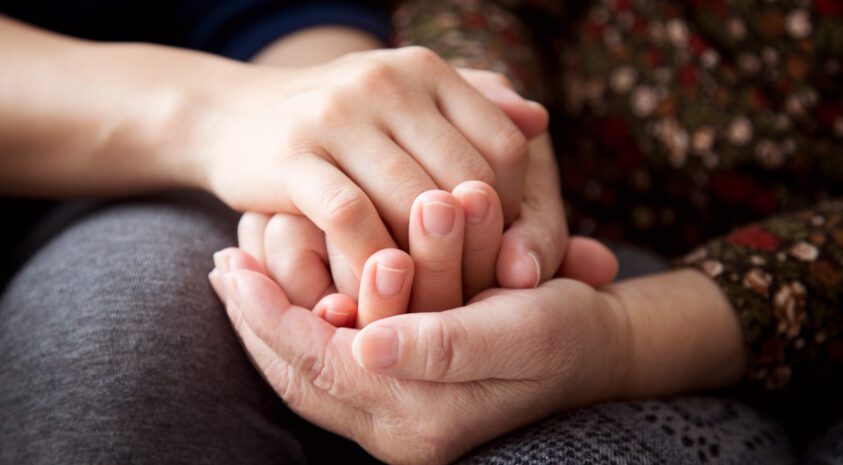Just turn on the TV, radio or go online and you’ll likely be bombarded with difficult news stories whether it’s a major weather event or a national disaster of some sort. We’ve all learned ways to cope when we see, hear or read about difficult things, but when they are especially stressful or upsetting, it can make coping all the more challenging.
So, how do you cope? How do you process upsetting news that’s happening on a widespread scale?
1. Be easy on yourself
First, remind yourself that you are human. As human beings, it’s natural to empathize with others. Even though we may not have incurred the event ourselves, we still feel empathy and similar feelings. We put ourselves in the victim’s shoes and imagine what they are going through. It’s normal to feel certain feelings but be easy on yourself and practice self-care like eating healthy and nourishing foods, getting enough rest and doing things that bring you joy.
2. Take a break
When an upsetting event unfolds, it’s easy to take in as much news as possible which can lead to a steady overload of stressful information. With devices always on and with us, take a break by turning off the TV, or walking away from your computer or phone. Get outside for some fresh air or an outdoor activity like a walk around the block or a bike ride. Do something that brings you comfort and disconnects you from what can be the constant deluge of information.
3. Ask yourself how it’s affecting you
If you’re more prone to or suffer with anxiety, depression or any other issue, you’re likely feeling things on a more intense level. Gauge how what’s happening is affecting you. If you’re finding that it’s just too much, reach out to a friend, family member or mental health clinician
4. Share your thoughts with others
Events that happen on a national level like a Hurricane Katrina or California wildfires for instance, are horrific but they also can unite people as, unlike a personal event, the entire country is feeling similarly. The literal definition of the word compassion is “to suffer together” so reach out to friends and loved ones, share your thoughts and sadness and unite with others. Being isolated can often increase feelings of anxiety but sharing can help provide support. You can also write in a journal which some people prefer as a way of sharing instead of talking.
5. Children and grandchildren need extra support
Often when a national event strikes, we want to shield our children but it’s important to respond in an age-appropriate way to your child or grandchild and let them ask questions. Depending upon the age of the child, you may want to share some of what happened as they may hear others talking about it and without clear information, may have a distorted view of what’s happened. Provide the same level of self-care and breaks you’re doing for yourself. Get outside, play games, focus on positive things to look forward to and give them lots of love, hugs and reassurance.
If you are feeling that you or your loved one needs urgent psychiatric care, is suicidal and/or are a danger to yourself or others, please call 911 or visit your nearest emergency room immediately.



